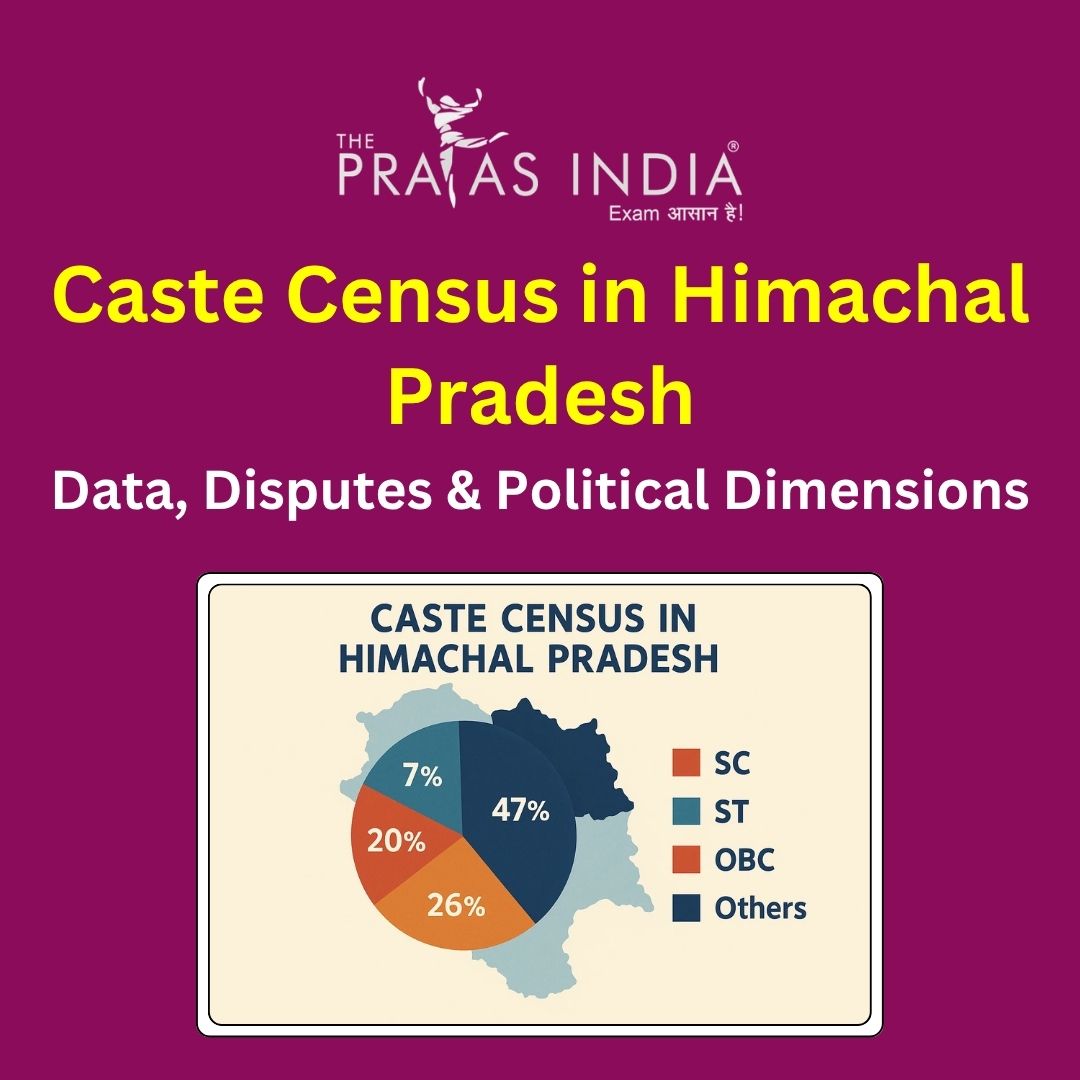Uniform Civil Code in India: One Nation, One Law. The Uniform Civil Code (UCC) is back in the headlines, making it a must-know topic for aspirants aiming to crack UPSC and other competitive exams. This proposal aims to create a single set of secular laws governing personal matters like marriage, inheritance, and adoption for all citizens, irrespective of their religion. In this article, we’ll discuss the Uniform Civil Code (UCC) in India, why it’s making headlines, recent updates to its rules, what the Indian Constitution says about it, and the benefits it offers. Let’s dive in to understand these key aspects.
Why in the news?
- Uttarakhand, a state in northern India, has passed the “Uniform Civil Code Bill” (UCC).
- The law replaces diverse religious laws governing personal matters like marriage, divorce, adoption, and inheritance.
- Enacted by the ruling Bharatiya Janata Party (BJP) on February 7th.
- The goal is to guarantee equality among all citizens, regardless of their religious beliefs.
- Chief Minister Pushkar Singh Dhami emphasized its importance in promoting equality, especially for women.
- This aligns with Article 44 of the Indian Constitution, which advocates for a uniform civil code.
What is Uniform Civil Code in India (UCC)
The Uniform Civil Code (UCC) in India aims to replace the different laws based on various religious beliefs with a single set of rules applicable to everyone, regardless of their religion. This ensures that all citizens follow the same laws. It’s a guideline in Article 44 of the Constitution, emphasizing the need for a uniform civil code for everyone in India.
UCC Full Form
The full Form of UCC is the “Uniform Civil Code.”
Goa is the only Indian state that adheres to the Portuguese Civil Code of 1867, making it the sole state with a Uniform Civil Code (UCC).
We’ve covered what is Uniform Civil Code (UCC) is and its full form, “Uniform Civil Code.” Now, let’s delve into the recent updates in the Uniform Civil Code, what the Indian Constitution says about it, and its benefits of Uniform Civil Code India. If you’re preparing for your UPSC exam, you can find free resources and personalized guidance at The Prayas India.
New rules in the Uniform Civil Code India:
- The bill aims to establish uniform laws concerning marriage, divorce, land, property, and inheritance, applicable to all citizens regardless of their religious affiliation within the state, with the exception of Scheduled Tribes.
- It mandates the registration of live-in relationships, a significant step towards legal recognition of such partnerships.
- The bill addresses the legitimacy of children born from live-in relationships, ensuring their rights are protected under the law.
- While not explicitly stated, the proposed legislation effectively prohibits practices like polygamy and ‘halal’ prevalent among certain Muslim communities.
- Despite the uniform regulations, marriages can still be solemnized through separate rituals, accommodating diverse cultural and religious practices such as saptapadi, nikah, and anand karaj.

The Constitution of India on the Uniform Civil Code
Constitutional Views on the Uniform Civil Code
1. Constitutional Debates:
- During the drafting of the Indian Constitution, there were discussions within the Constituent Assembly reflecting various perspectives on the Uniform Civil Code (UCC).
- Some members expressed concerns about preserving religious and cultural freedoms, while others advocated for the UCC as a means to promote gender equality and secularism.
2. State Policy Mandate:
- Article 44 of the Indian Constitution outlines a directive principle stating that the state should strive to ensure all Indian citizens have access to a common civil code.
3. Allocation of Executive Power:
- Article 162 of the Indian Constitution grants executive authority to states over matters within the legislative jurisdiction of the State Legislature.
- Under Entry 5 of the Concurrent List, which includes subjects like succession, marriage, and divorce, the Uttarakhand government possesses the authority to adopt the UCC.
Uniform Civil Code in India Pros
- Equal Rights for All Citizens: In a democratic society, civil and personal laws must be uniform, regardless of factors like religion, class, caste, or gender.
- Meeting the Aspirations of the Youth: With over half of India’s population being under 25 years old, there’s a prevailing desire for universal principles such as equality, humanism, and modernity. Building a better nation involves embracing the belief that one’s identity should not be determined by religion.
- Promoting Gender Equality: Many perceive that existing religious laws often unfairly favor men, particularly in matters of succession and inheritance. Implementing a single civil code would ensure equality between men and women in these aspects.
- Fostering National Unity: While criminal and civil laws are consistent across India, personal laws vary based on religion. Introducing a Uniform Civil Code would ensure that all citizens are subject to the same legal standards, preventing the politicization of discrimination or special privileges based on religious affiliation.
- Avoiding Division over Personal Laws: Existing personal laws, rooted in patriarchal traditions prevalent among the upper class, are consistent across religions. Resistance to changing these laws often stems from fears of diluting purity. Implementing a Uniform Civil Code would sidestep potential conflicts arising from altering these entrenched norms.

CONCLUSION | Uniform Civil Code India
In conclusion, we learned about what is Uniform Civil Code (UCC) in India, its significance, recent updates, constitutional provisions, and benefits. Implementing the UCC requires a gradual approach, focusing on eradicating discrimination against women and modernizing personal laws. While the UCC has the potential to promote religious and gender equality, it must respect India’s diverse legal traditions. Communities need to understand the importance of reforming personal laws, and strengthening democratic institutions is crucial for India’s progress. To prepare for your UPSC exam, visit our website for free study materials, counseling, one-on-one mentoring, mock tests, current affairs, and more.
🌐 For Daily Current Affairs: Click here
📖 Want to check UPSC Calendar: https://theprayasindia.com/upsc-exams-calendar/
📖 For Daily Updates and Study Material: Click here
🖋️ For Mains Answer Writing Practice: Click here


![Prayas-लक्ष्य [UPSC CSE Target] The Prayas India](https://theprayasindia.com/wp-content/uploads/2021/08/Prayas-लक्ष्य-UPSC-CSE-Target-The-Prayas-India-300x167.png)

![Prayas Pre-भेदश [UPSC CSE Prelims Test Series] The Prayas India](https://theprayasindia.com/wp-content/uploads/2021/08/Prayas-Pre-भेदश-UPSC-CSE-Prelims-Test-Series-The-Prayas-India-300x167.png)










